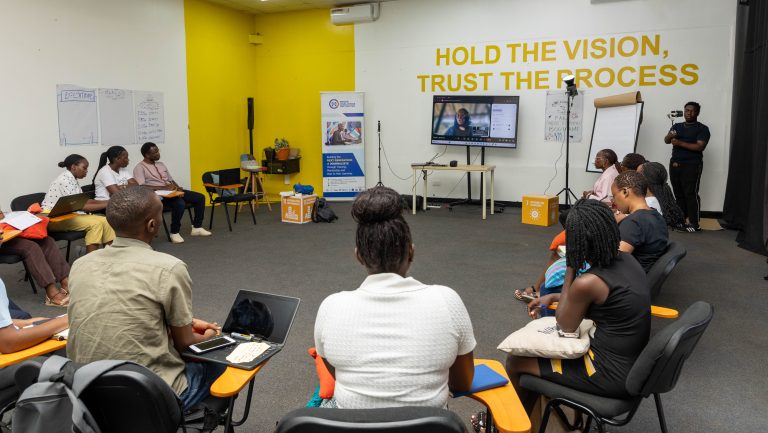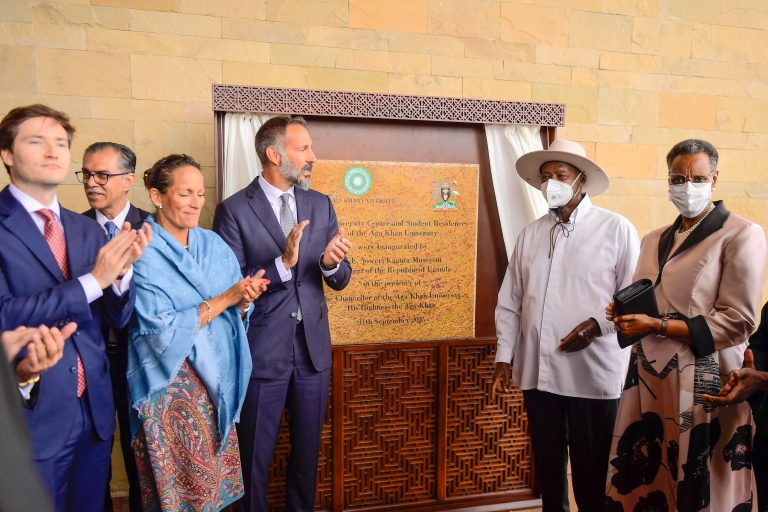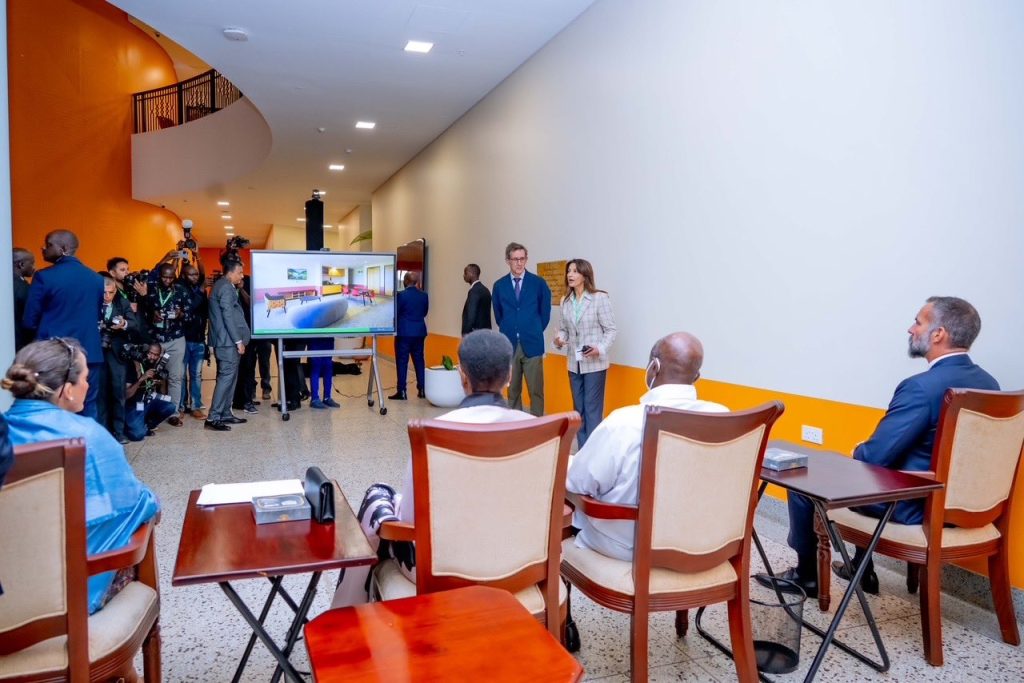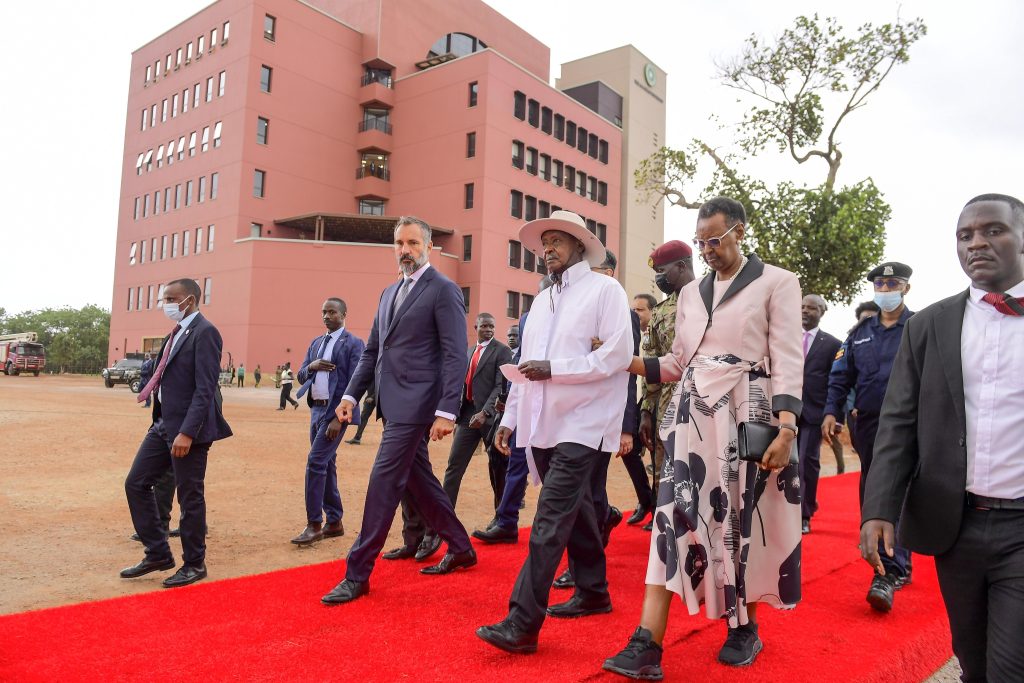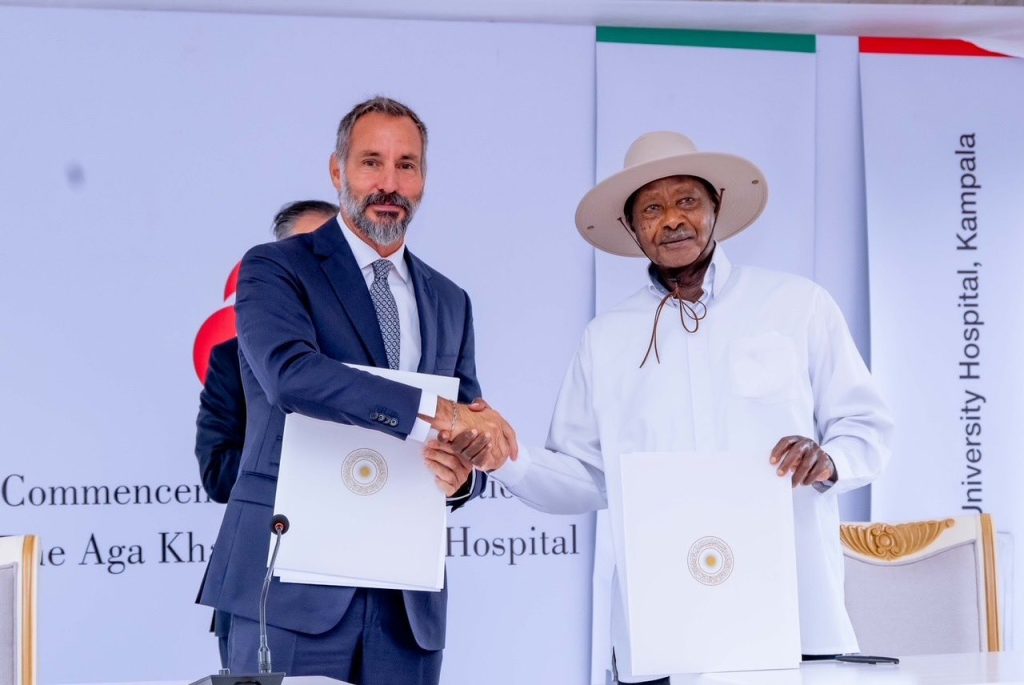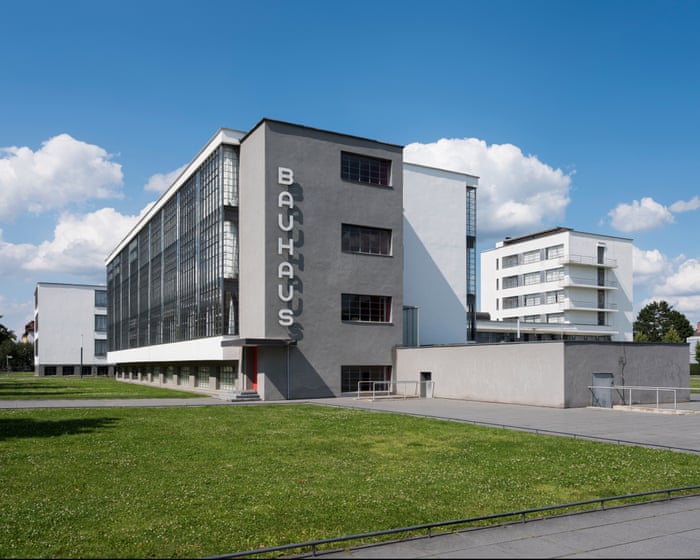On a sunny morning in Kampala, a small group of journalists huddled over laptops and notebooks, their discussion punctuated by animated exchanges and occasional laughter. They weren’t reporting breaking news or covering political upheaval—they were on a mission to tackle a quieter, yet equally dangerous, crisis: climate change disinformation.
In a world where false narratives can spread faster than facts, initiatives like Fake News Fighters are redefining how Africa tells its climate story.
Why Climate Disinformation Matters
Misinformation and disinformation have emerged as silent saboteurs in the fight against climate change. Distorted facts, misleading headlines, and viral falsehoods not only confuse the public but also delay crucial environmental action.
Recognizing this challenge, Magamba Network’s Climate X Indigenous Voices Project is reshaping climate discourse by amplifying Indigenous African perspectives.
Indigenous communities, long-standing stewards of the environment, bring traditional ecological knowledge to the table, providing strategies for sustainability and resilience that modern approaches sometimes overlook.
By combining this wisdom with digital storytelling, content creation, and strategic media campaigns, the project ensures that fact-based, Indigenous-led narratives take center stage.
The African Media Hubs Leading the Fight
This year, two African media hubs have been selected to participate in the initiative:
- Buni Media, a Nairobi-based multimedia organization producing video, audio, animation, and print content.
- Media Challenge Initiative (MCI), a Ugandan hub focused on training the next generation of journalists and storytellers through mentorship and peer-to-peer learning.

Representatives from both organizations facilitated an intensive brainstorming session, designed to refine strategies and develop impactful solutions to climate disinformation for the selected 15 journalists in Kampala.
Voices from the Frontline
“This project is a lifeline for truth in climate advocacy,” says Antonio Kisembo, Lead of the Climate X Indigenous Voices Project on behalf of Media Challenge Initiative in Uganda.
“Indigenous knowledge is powerful. By telling these stories, we don’t just combat misinformation—we educate and empower communities to act responsibly toward their environment.”
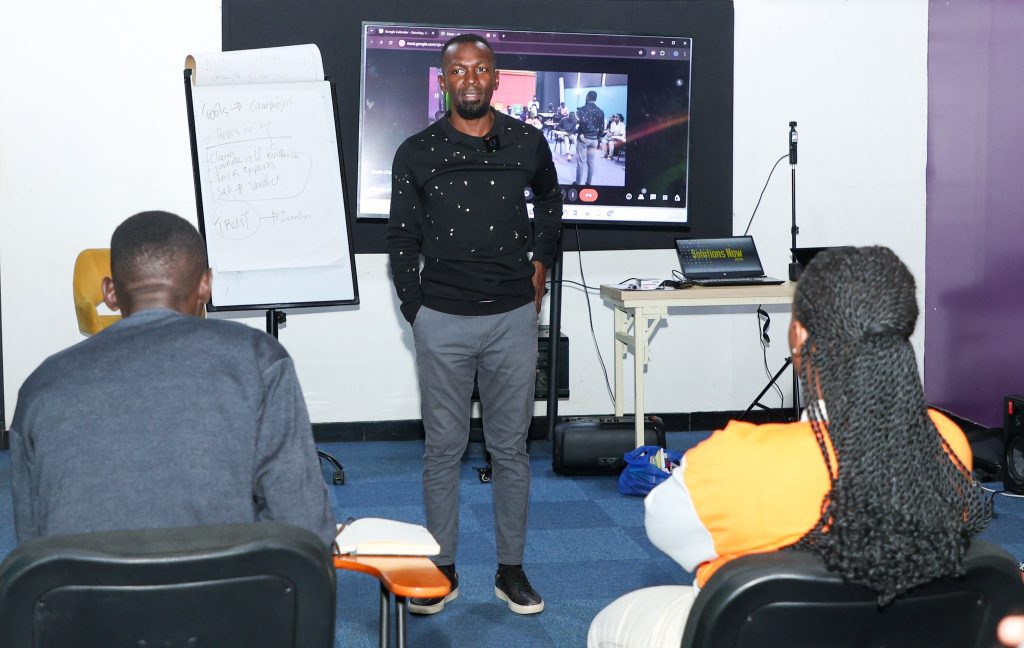
A representative from MCI adds, “The African climate narrative has often been overshadowed by external voices. By empowering local media hubs, we ensure stories are rooted in reality, context, and lived experience.”
The Broader Implications
Initiatives like Fake News Fighters have far-reaching effects. By equipping journalists and content creators with tools to combat false climate narratives, African media hubs are strengthening public trust in environmental reporting.
Accurate, culturally relevant information enables communities to:
- Adopt sustainable practices
- Advocate for policy changes
- Build climate resilience at the local level
Through collaboration, technical support, and seed funding, media innovators are piloting interactive campaigns, community radio programs, and digital storytelling, amplifying climate education across Africa.
As the session concluded, participants left energized, notebooks brimming with ideas and laptops loaded with draft campaigns. The fight against climate change is complex, but truth is a weapon everyone can wield.
“Disinformation thrives where knowledge falters. By supporting African storytellers, we reclaim the narrative and empower our communities to protect their environment”, Kisembo noted
African media hubs are not just reporting the story—they are shaping it, ensuring that the voices of Indigenous communities and fact-based journalists rise above the noise.


